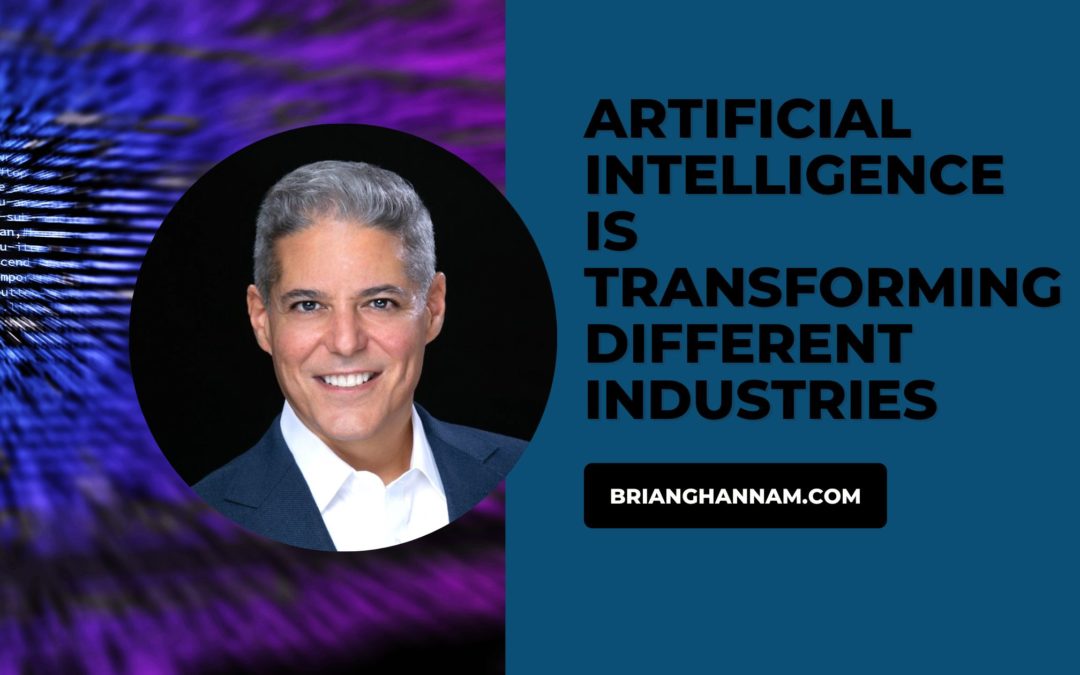The rapid emergence and evolution of embedded artificial intelligence (AI) is expected to dramatically change how customer experience is conducted across various industries over the next three years. According to Aberdeen Research, over 40% of businesses already use AI to improve customer experience.
AI is expected to transform customer experience in various industries, such as healthcare, transportation, and hospitality. It will also drive the most significant change in the banking, insurance, and manufacturing sectors.
Manufacturing
For manufacturing, AI has been used for a long time. According to a study conducted by Boston Consulting Group, 14% of companies that were able to bounce back from the previous global economic downturns increased their profit margins and sales.
In the manufacturing industry, AI is commonly used to monitor and improve production efficiency by analyzing data related to various processes. This technology can also help companies identify which parts of their operation are most effective using the machines.
Medical and Healthcare
Big data and AI are helping to transform the healthcare industry by improving the quality of care and reducing costs. Doctors and clinical experts can gain a deeper understanding of patients through software. This technology can also help them make better decisions and improve their positive outcomes.
Big data and AI are also helping to expand the scope of the healthcare system by allowing it to collect and analyze vast amounts of data. Doctors and healthcare professionals can use machine-learning algorithms to identify the most effective treatments and tests.
AI makes early detection of various diseases, such as cancer and cardiovascular disorders, possible. Through machine learning and predictive analytics, doctors can improve the quality of their patient care.
Fashion
The retail industry is seeing rapid growth due to the increasing number of AI-based technologies used in its operations. Chatbots, virtual and augmented reality and online advertising operate similarly. Virtual and augmented reality allows online shoppers to experience the world of fashion without leaving their homes. In the future, AI may be able to predict the future trends of fashion by analyzing the data collected by retailers worldwide.
Travel and Hospitality
AI will allow travelers to get a personalized and highly personalized travel experience by making reservations for their flights, hotels, and restaurants. It will also provide alternate arrangements when necessary. AI can help companies reduce their logistics-heavy industries’ operating costs and improve their customer service by analyzing data related to various processes. It can also help them determine the best routes and overcome labor shortages.
The rapid emergence and evolution of AI-based technologies, such as self-driving cars, are expected to impact the transportation industry considerably. These innovations are expected to significantly impact various sectors, such as public transportation and delivery vehicles.
Insurance
Insurance companies can better understand their customers and improve customer service through AI. They can also use the data collected by their systems to reduce the risk of accidents. For instance, by analyzing the data collected by a car’s braking system, they can lower the insurance rates for those involved in accidents.
Banking
Leaders in AI have noted that financial institutions could benefit from using AI by providing personalized services to their customers. This technology could help them reduce operating costs and improve customer service.

